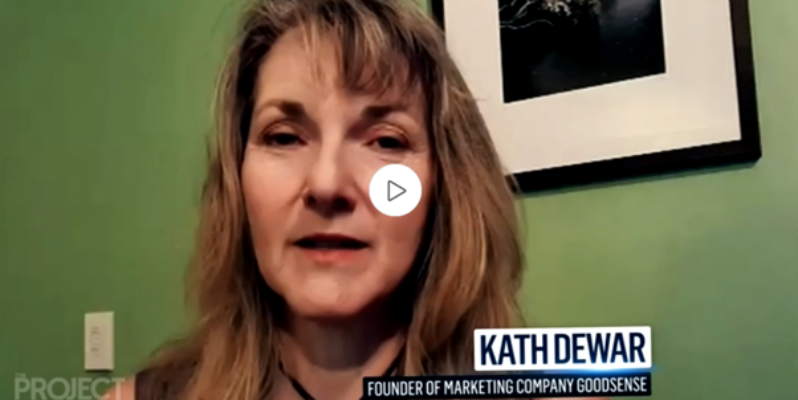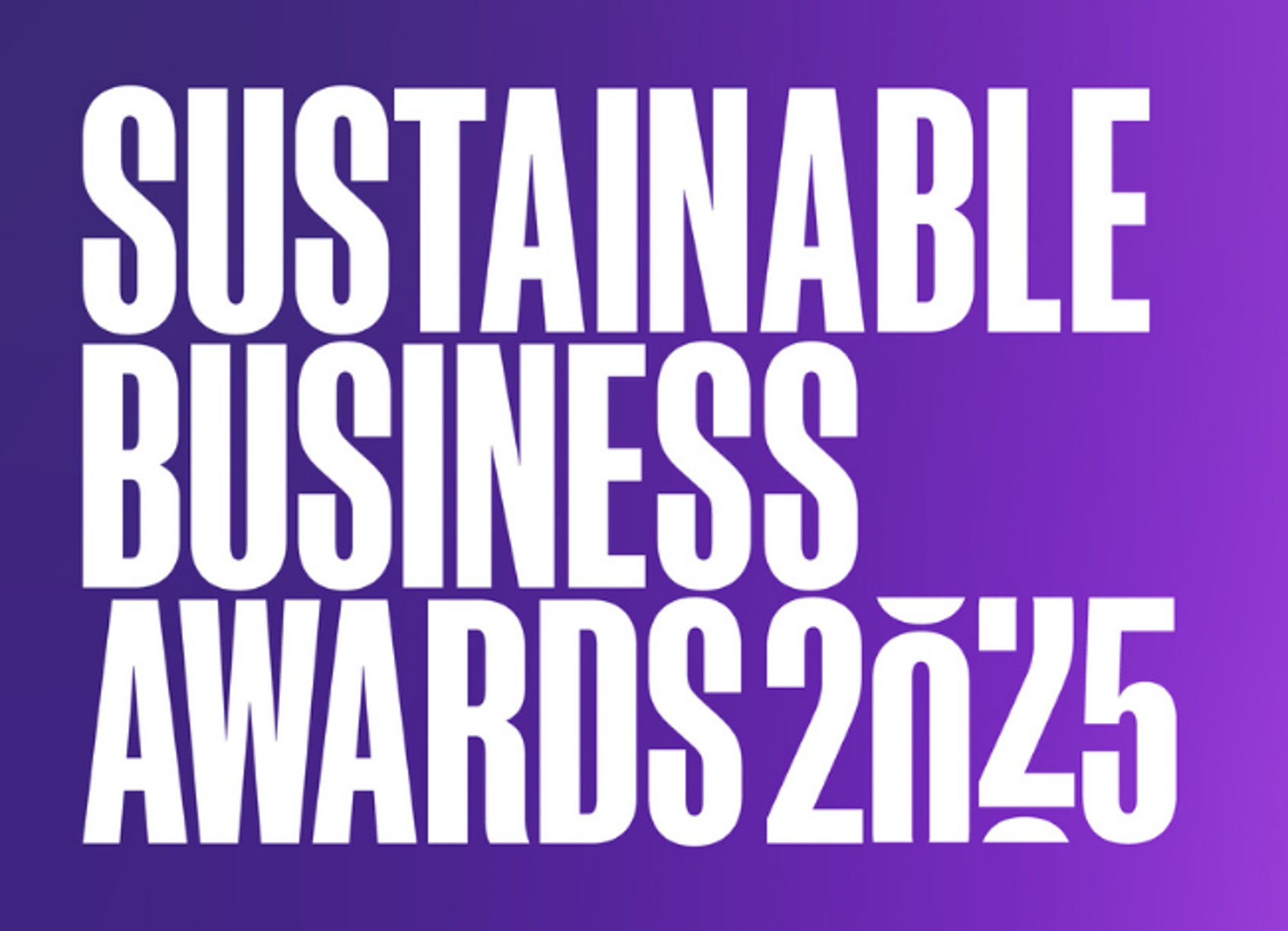The Project TV interview with GoodSense
When Ana Samways invited us to talk greenwash with The Project team we were delighted to help this critical sustainable marketing issue get good prime time coverage. We think The Project team did a brilliant job covering the issues and giving examples to the public.
As Consumer NZ research shows, 60% of kiwis buy based on environmental claims but 72% of us struggle to know if we’re making good decisions.
The Advertising Standards Authority tell us they are getting an increased number of complaints about inflated or misleading environmental claims in marketing so it’s vital advertisers and marketers do better. People want to make good decisions and, collectively, we need to if we’re going to reduce the ways we harm nature and heat up our climate.
How to make eco-claims without greenwash
The Commerce Commission regulates claims and in the gallop to go green even well intentioned businesses can break the law. Generic woolly claims like ‘eco-friendly’ and ‘better for the planet’ are specifically ruled out. All environmental claims must be accurate, scientifically sound and substantiated, which means advertisers need evidence on file of why your product is better environmentally.
You must :
- Be truthful
- Be accurate
- Be specific
- Substantiate claims
- Use plain language
- Not exaggerate
- Take care when relying on tests or surveys.
You can read the full guidelines specifically for companies making environmental claims here. You should also follow the ASA, the marketing industry’s self-regulatory guidelines here, specifically Rule 2.
More on avoiding greenwash
For more on how to spot greenwashing, what marketers can do better and what accreditations to look out for listen to Radio New Zealand’s The Detail online here.
If you’d like a free confidential opinion on your own green marketing claims or to talk more about marketing sustainability, please do get in touch.













